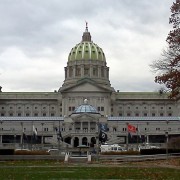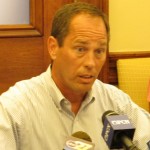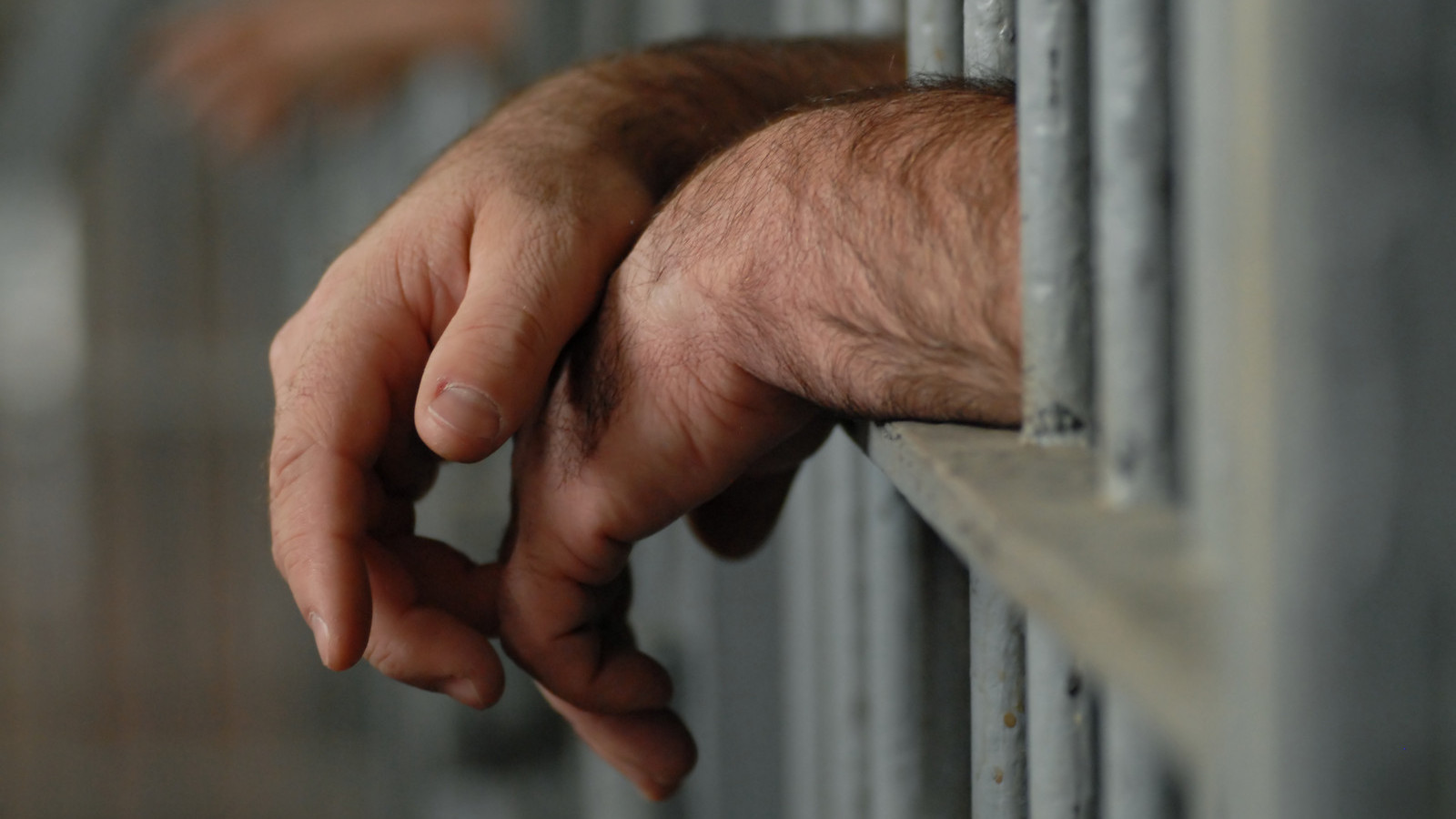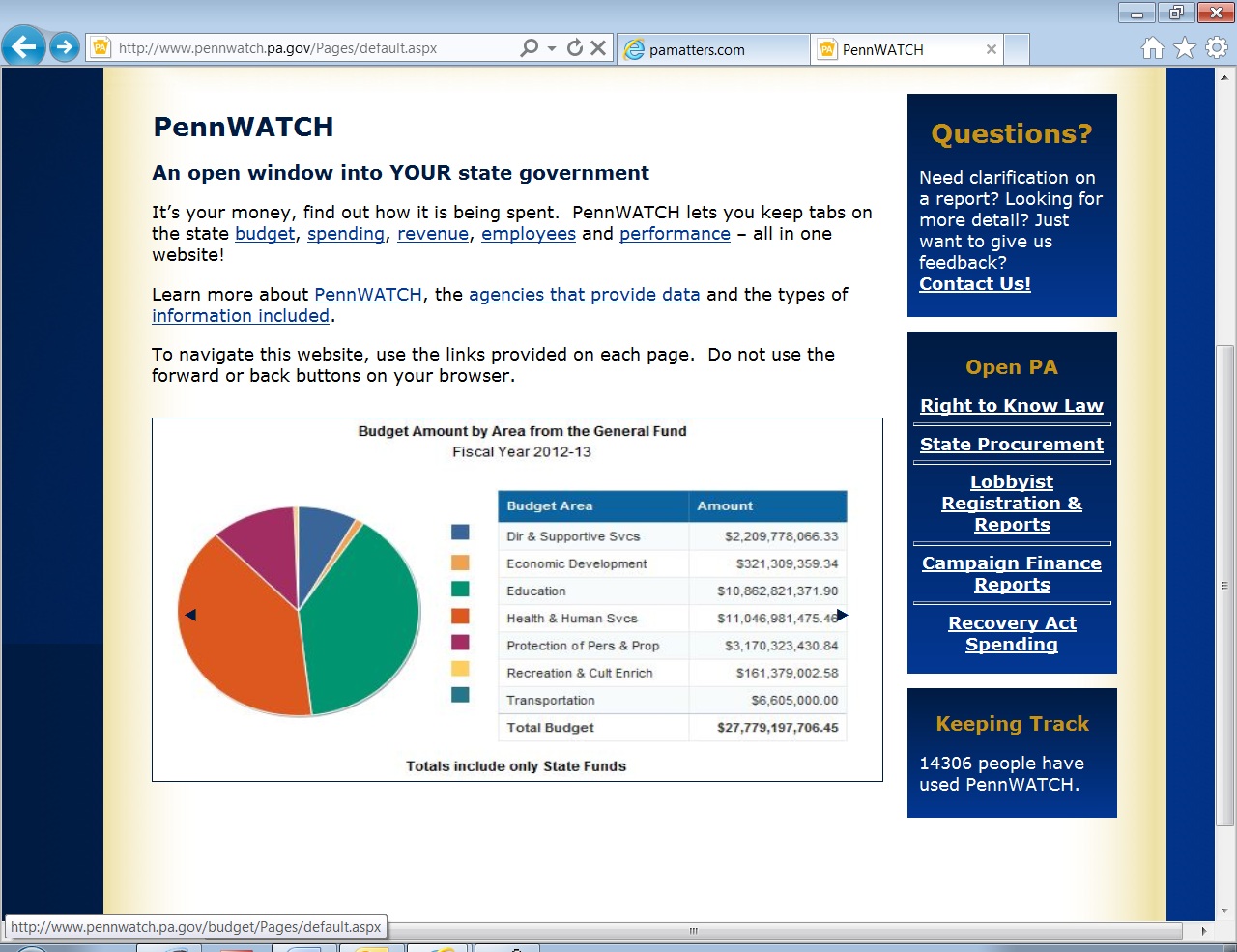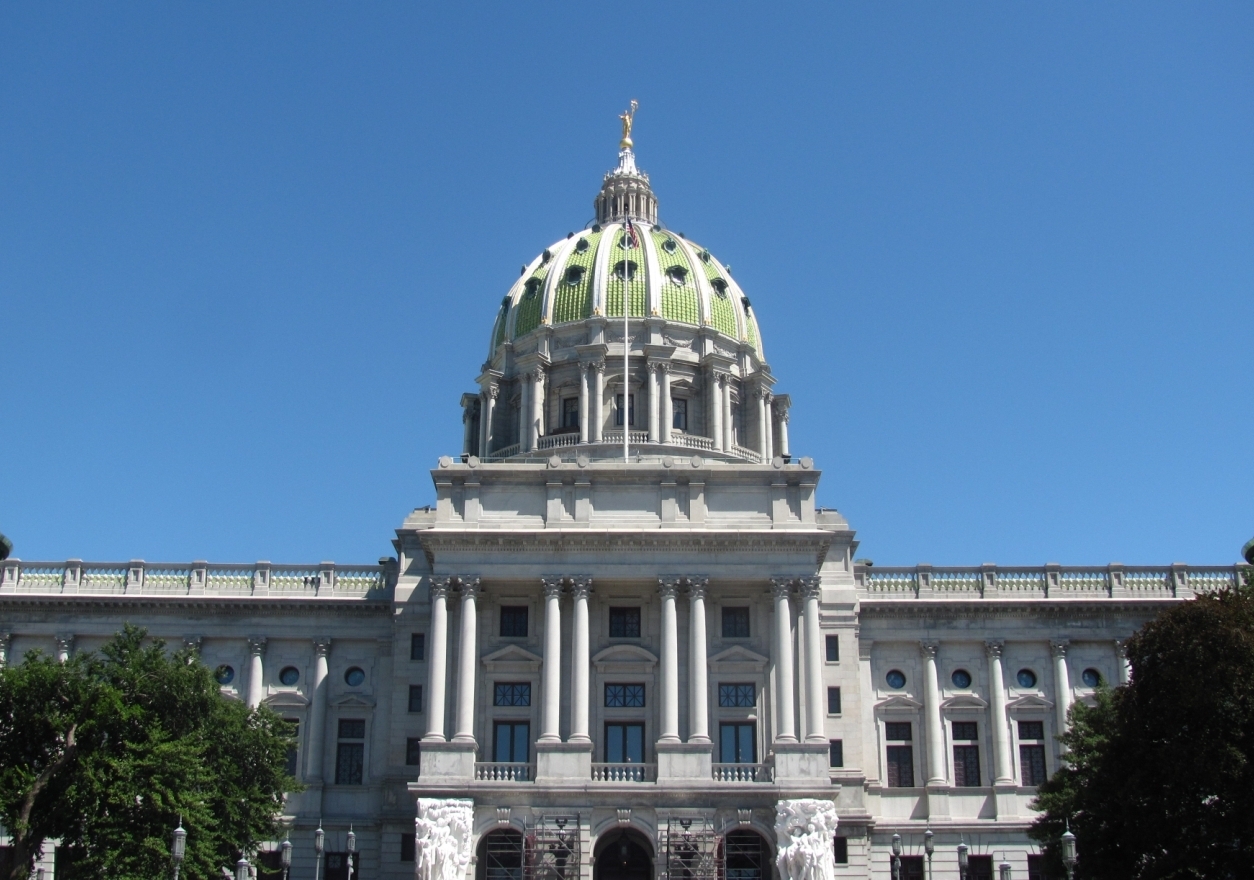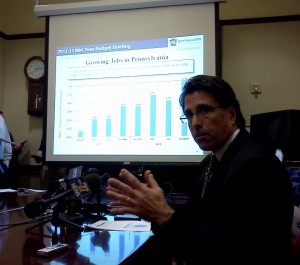Environmental Groups Unveil Guidelines for Lawmakers
A coalition of five, statewide environmental groups has created a series of guidelines they want lawmakers to follow this session. “We’ve outlined five issues we think are likely to appear before the legislature in some fashion during the year, and wanted to give them an early opportunity to understand what it means to be in favor of the environment,” says Conservation Voters of PA Executive Director Josh McNeil. “Almost every public official will claim to be in support of protecting our environment. Now they know what that actually means when it comes to voting.”
The document is called the 2013 Environmental Guidelines for Pennsylvania Legislators.
For instance, with action likely on the state’s transportation funding crisis, McNeil stresses the need to include mass transit. “Public transportation provides incredible economic benefits and reduces significantly the pollution we put out as we move back-and-forth in life,” he says. “A single busload of passengers saves on carbon and global warming pollution from dozens of cars.”
Other issues addressed in the guidelines include: funding restorations for state environmental agencies and “green” standards for the state’s capital construction projects, among other things.
The other four groups to help craft the guidelines are Clean Water Action, PennEnvironment, PennFuture and the Sierra Club Pennsylvania Chapter.
They’ll all be watching this session’s legislative activity, and keeping constituents apprised of their lawmakers’ environmental voting record.



